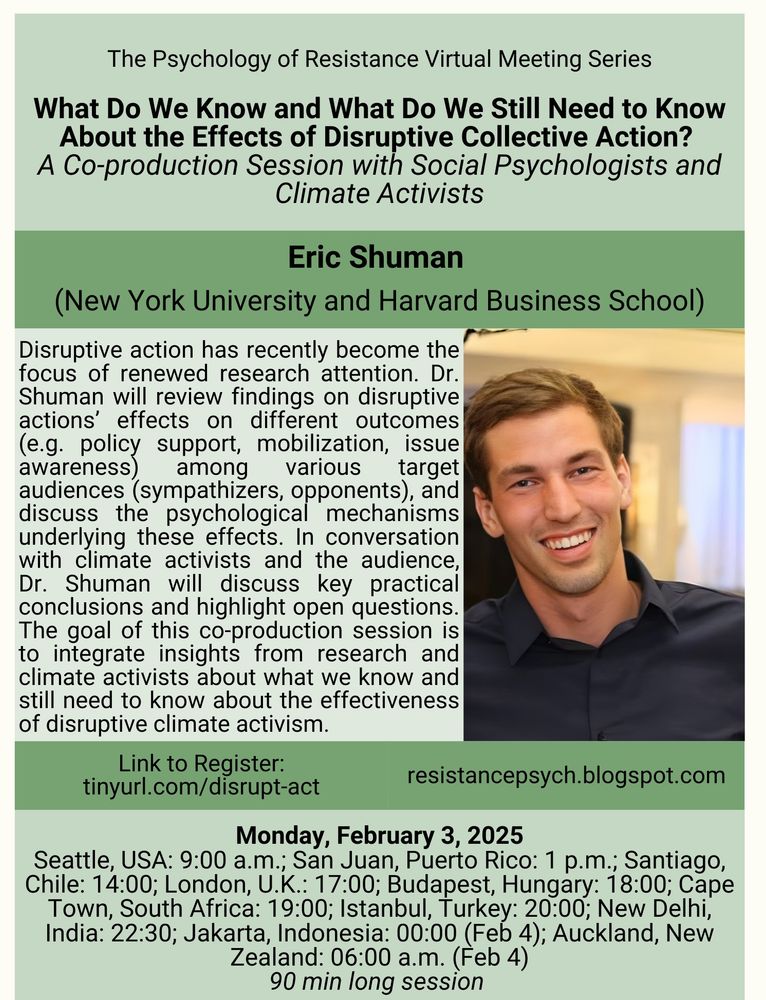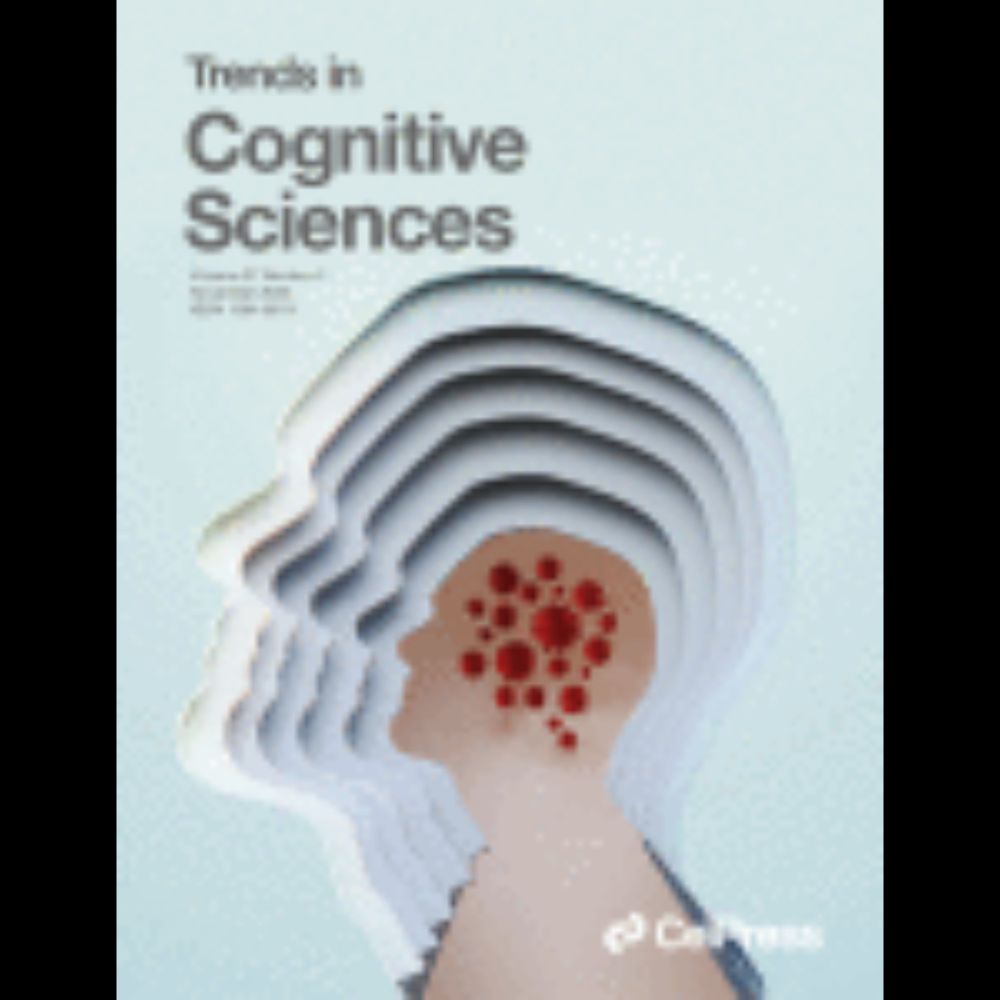
Social psychologist researching social change. he/him 🏳️🌈





Looking forward to sharing and discussing research here in the future!
If you're curious about my past work you can check out my website: www.ericshuman.com
Looking forward to sharing and discussing research here in the future!
If you're curious about my past work you can check out my website: www.ericshuman.com

